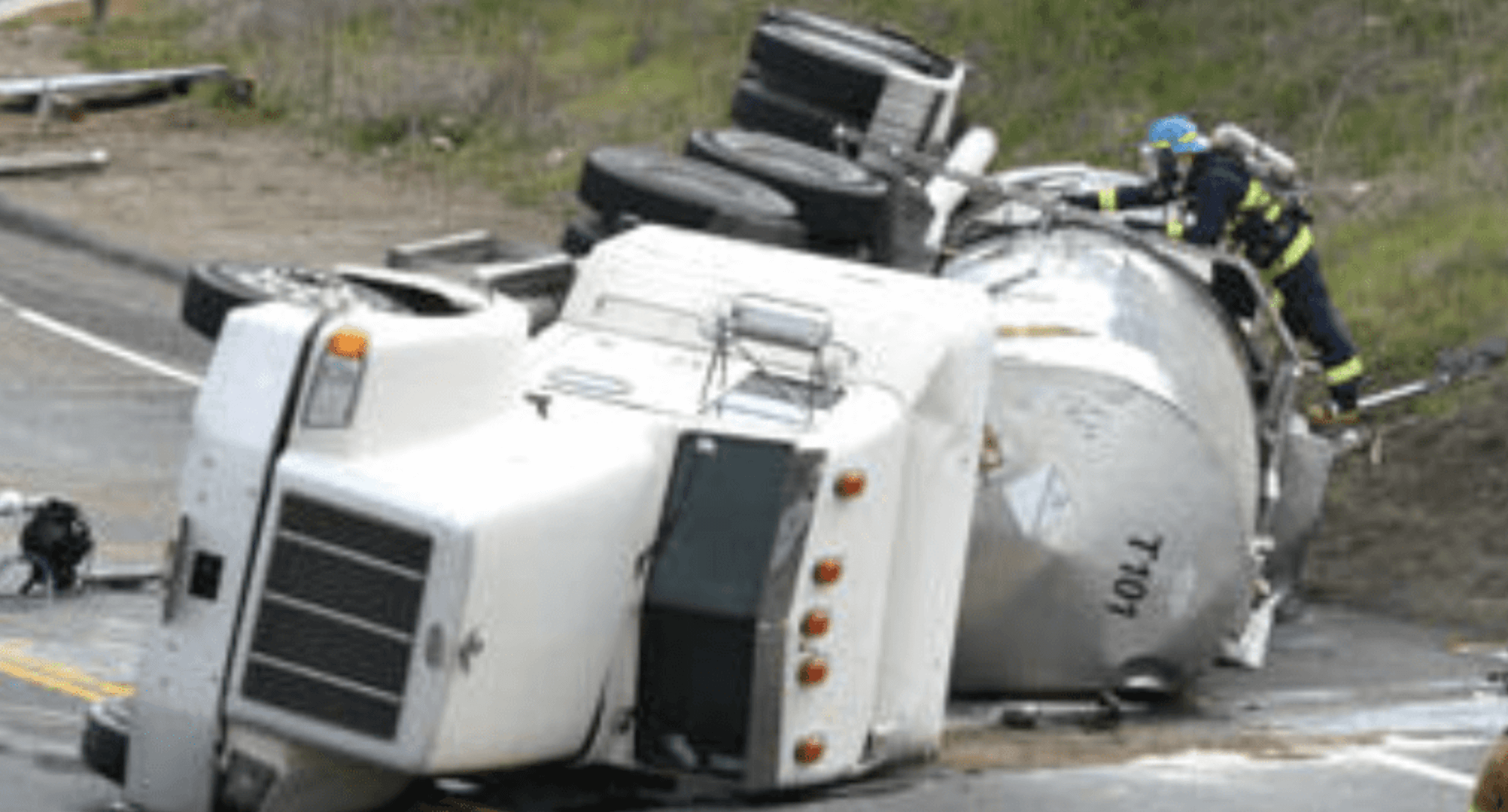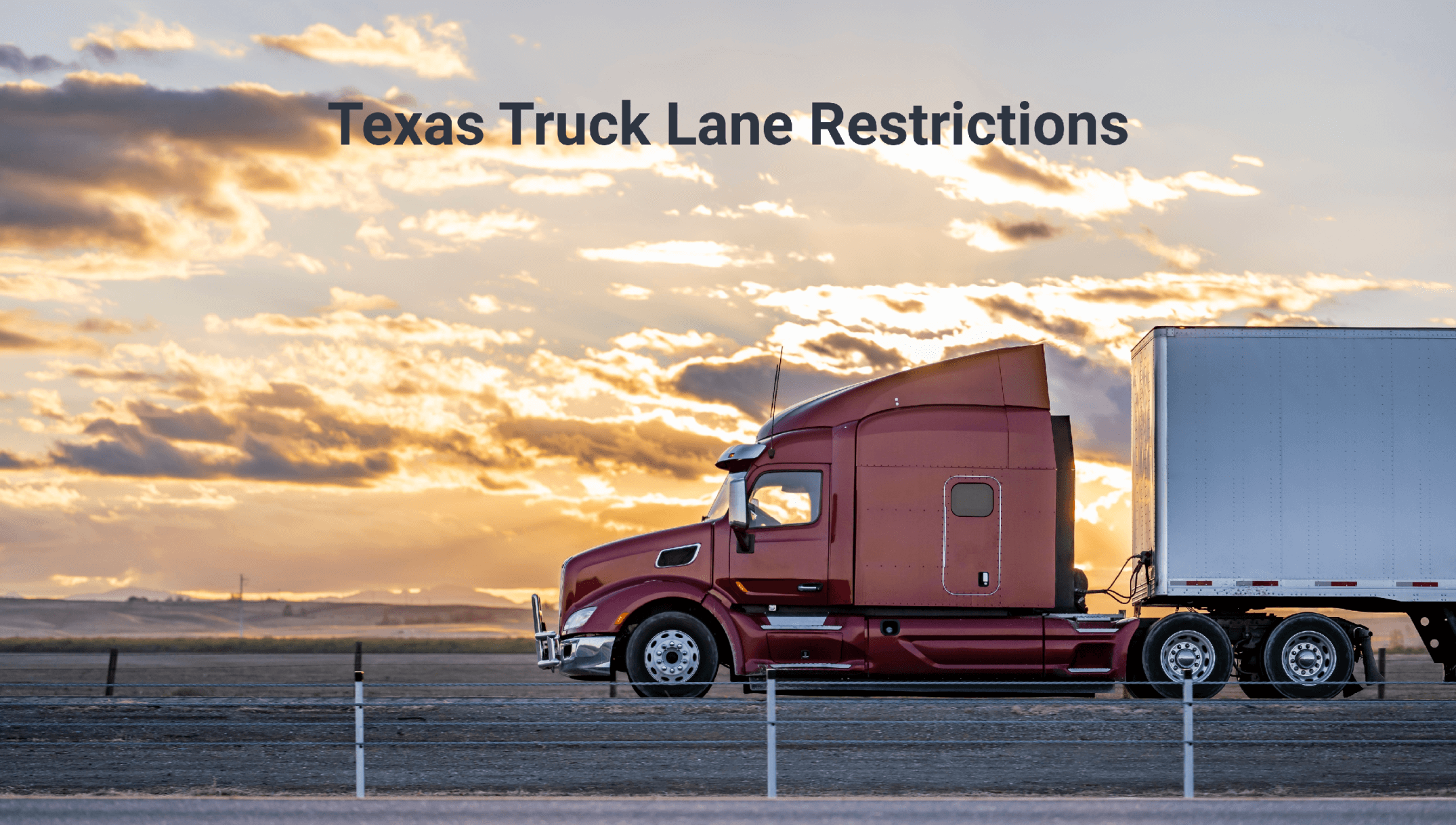Personal injury attorneys know they have to handle a commercial vehicle injury claim differently from a passenger car crash. This is especially true when considering the differences between hazardous material truck accidents. The rules that apply to truck drivers and trucking companies differ from the road laws that govern everyday drivers.
Likewise, when a big rig is involved in an accident while carrying hazardous material, the case must be handled slightly differently than a regular tractor-trailer crash.
Texas truck accident statistics show the state has more fatal trucking accidents than any other state.
What is “Hazardous Material” in Truck Wrecks?
Under the trucking regulations, hazardous material is a substance or material capable of posing an unreasonable risk to health, safety, and property when transported in commerce.
This definition includes wastes, marine pollutants, temperature-elevated materials, and other materials designated under federal regulations.
There are nine classes of hazardous material for truck regulation purposes.
Class I – explosives
Class 2 – gases
Class 3 – flammable liquid
Class 4 – flammable solids
Class 5 – oxidizing substances and peroxides
Class 6 – poisonous and infectious substances
Class 7 – radioactive material
Class 8 – corrosives
Class 9 – miscellaneous dangerous goods
Each of these classes and substances is defined under Federal Regulations. Generally, the more hazardous the material, the stricter the safety precautions are in packaging and transportation.
Trucking Company’s Responsibility in Crashes
Trucking companies that transport hazardous materials are responsible for adhering to the safety regulations related to these materials. They must have proper information regarding the material and package it appropriately, including relevant reporting and safety information.
The motor carrier must also ensure that the employees get specific training in hazardous materials. The training must be performed before the employee works with such material.
Stringent rules apply to the training and certification of employees. Additionally, appropriate safety training must be provided, along with protective equipment and proper handling methods.
After an accident, police officers are unaware of the additional requirements for hazardous material transport when investigating a crash.
Local law enforcement may be unaware of the additional rules and regulations governing the shipping of hazardous materials. Trucking accidents differ from typical automobile accidents due to the specific safety regulations governing truck drivers.
The attorney handling an injury case involving hazardous materials must be familiar with the relevant hazardous material regulations. Often, rule violations can be uncovered once discovery in the personal injury case has commenced. One crucial step taken by the best commercial vehicle accident lawyers is to preserve evidence.
Increased Insurance limits for Hazardous materials
Liability insurance requirements under federal regulations are increased for carriers transporting hazardous materials. The liability minimums are increased to between $1,000,000 and $5 million in liability coverage will be required—Section 387.9.
Our truck accident lawyers have frequently found excess coverage for motor carriers that haul hazardous material. The minimum liability coverage required under regulations varies depending on the carrier and the type of cargo.
Dangers of Hazardous Material Trucking Accidents
Transportation of hazardous materials increases the danger associated with a tractor-trailer crash. Not only can the material spill in an accident and cause other accidents, but exposure to the chemical can also lead to injury.
In Houston, hazardous material cleanup crews are frequently required after a truck crash. The accidents tend to shut down the highway for many hours while cleanup commences with qualified teams. Leaving local municipalities with the cleanup responsibility.
Rollover truck accidents often occur with carriers hauling liquids. This can lead to additional accidents when substances are spilled on the roadway, either due to exposure or by causing other innocent motorists to lose control.
Who May Be Responsible for A Hazardous Material Truck Crash?
One of the first things a qualified truck accident lawyer does after being retained for a trucking accident is to identify potential defendants. When handling hazardous materials, in addition to the truck driver and trucking company, one must also consider the shipping entity in some situations.
A thorough investigation of the crash and the actions of the trucking company, truck driver, and shipper can be fruitful in identifying violations of safety regulations, which may constitute negligence per se.
Some rule violations are often discovered after the intense discovery of a personal injury or wrongful death case. Following the safety regulations is the best way to prevent a truck crash.
Why Commercial Vehicle Accidents Settle for More
Trucking accidents, especially those involving extra danger to the driver and community, are largely prevented by laws and regulations governing trucking companies and professional drivers.
Most of the time, the best commercial vehicle accident lawyers will uncover violations, such as illegally parked big rigs. When used in a truck accident lawsuit, the safety violations are powerful evidence of negligence. With evidence showing careless conduct that endangers others, juries tend to act to compensate the victims fully.
Get Help from a Houston 18-wheeler Accident Lawyer at Baumgartner Law Firm.
Looking for the best truck accident lawyers in Houston, TX? Contact Baumgartner Law Firm for a free case consultation. Call (281) 587-1111.
Contact the Houston injury law firm of Baumgartner Law Firm at (281) 587-1111.
Baumgartner Law Firm
6711 Cypress Creek Pkwy
Houston, TX, 77069
Related Pages:
Truck accident attorneys in Houston
Auto injury lawyers in Houston
- Safety Measures in Hazardous Materials Transportation to Avoid Accidents
- What You Need To Know About Spoliation of Evidence in Texas
- Essential Guide to Obtaining a Commercial Driver’s License in Texas
- Types of Commercial Driver’s Licenses in Texas
- Motorcycle Safety Tips to Prevent Accidents or Severe Injuries?













